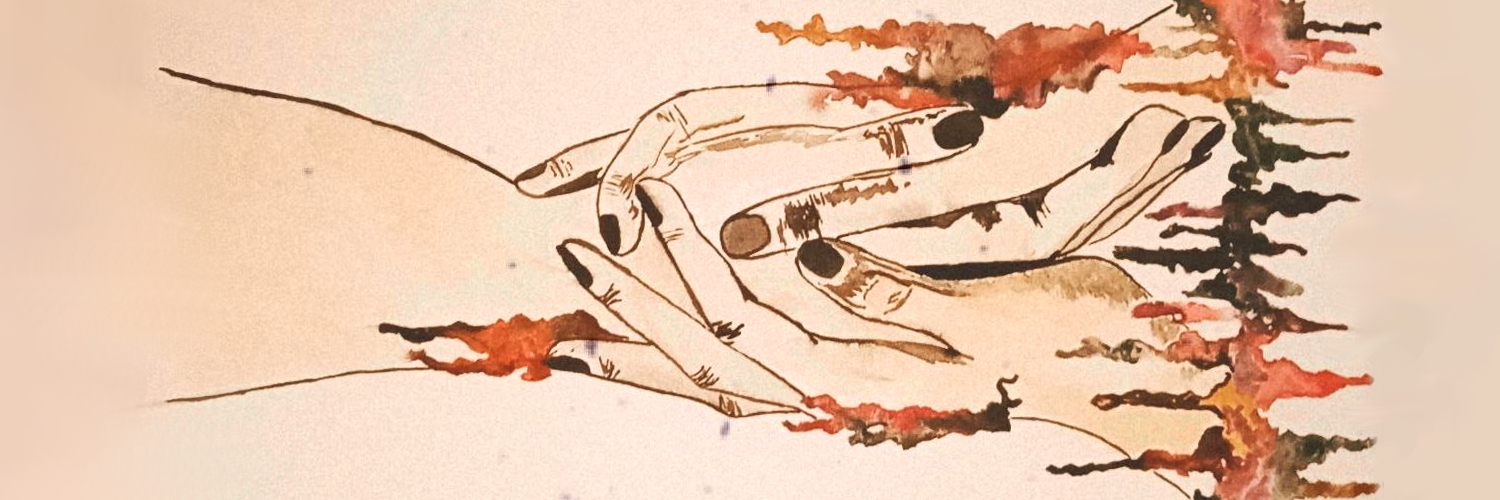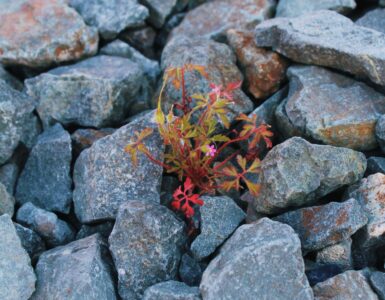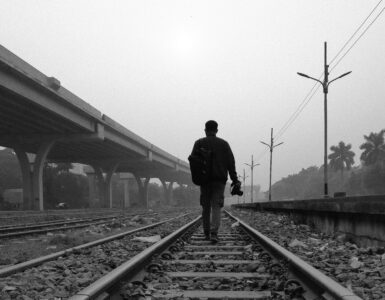The history of the region called Palestine dates back to prehistoric times, when it was inhabited by almost all the great powers that rose in the Middle East. This fertile piece of land was the target of great conquerors and was a scene where bloody wars took and continue to take place. This historic region in the Middle East, between the Mediterranean and the Jordan River, known to some as the Land of Israel or the Holy Land, and especially the area of Jerusalem, has been at the center of the modern diplomatic world for more than a century.
The most current issue on the global geopolitical scene regarding Palestine dates back to the 19th century. When the persecution and organized extermination of Jews began in Europe, Zionism was born as a nationalist movement of the Jewish religion. Due to their religious beliefs, the victims of these hostilities were led in search of a better fortune and permanent settlement in Palestine. With the collapse of the Ottoman Empire, Great Britain took control of the wider region and in 1917 the British government signed the Balfour Declaration and advocated for the establishment of a Jewish state in Palestine. Three years later, in August 1920, the Treaty of Sèvres recognised the claims of the Jewish community.
The peak of this global debate came in 1947 when the UN decided to establish two states adopting resolution 181, according to which 55% of the defined area was given to the Jewish community and 43% to the Arab community (distribution disproportionate of the two populations), while setting the city of Jerusalem under international control. Despite the resistance of the Palestinians and the then Arab world, the plan was adopted and in 1948 the state of Israel was born. At the same time, however, a controversy was born that has claimed thousands of casualties. During the same year, the neighboring countries of the newly formed state declared war upon it. The aftermath of this war resulted in Israel occupying 78% of the territory and began a process of mass expulsion and destruction of the indigenous population.
A day that has been engraved in the Palestinian national memory, called Nakba (the catastrophe), took place on May 14, 1948: 700,000 Palestinians were forced to flee their homes, and resettle in refugee camps, were they are still living in today. In June 1967, in a global climate of anti-colonial movements, the Six Day War took place, a conflict from which Israel emerged victorious and took most of the region under its control, while hope for Arab independence gradually faded away
However, on December 9, 1987, the Palestinians revolted against the Israeli occupation. This is known as the period of the first Intifada. Then begins an unequal battle between young men using stones and improvised weapons against a technologically advanced army, that ended with the particularly problematic Oslo Accords. This resolution is referred to as problematic as while the state of Israel is recognized, the same does not occur for the other side. Instead, the Palestinian Authority was created, which is largely financially controlled by the Israeli state, resulting in a cooperation against the Palestinian people.
Hamas, a terrorist organization that emerged from the first Intifada, intensified its attacks on Israelis and the accords fell apart, as this organization gained popularity as a movement independent of the corrupt Palestinian Authority. An unequal conflict has been raging since 2001, with Palestine under Israeli rule and Gaza – or in other words the world’s largest open prison – causing Palestinians to become refugees in the country where they were born.
In May 2021 the issue flared up again and the state of Israel bombarded the Gaza Strip and the occupied Palestinian territories unceasingly for more than ten days. From this resurgence more than 230 people lost their life, thousands have been injured and more than 38,000 people who have been forced to flee their homes, since many of them have now been become debris.
The fourth most powerful army on the planet claims to be violent against civilians in order to protect itself … To protect itself from what? How many more dead children are needed for the Israeli army to feel that the threat has passed? Attacks on refugee camps and house bombings seem more like war crimes and less like self-defence. And what about the rest of the planet? The global superpowers observe without intervening (unless of course if they are to sell Israel weapons). And what about the media? Conventional media once again present the issue of Palestine suspiciously one-sidededly, reporting on the sirens that kept the Tel Aviv residents awake at night and not on the mothers who had gathered their children in the same room so that if a bomb would fall inside during the night no one would be left “behind” and to experience the pain of mourning.
We are talking about images of horror, images of war, images of an ongoing genocide, with of all those who really have the power to do something about them are watching from a safe distance, making … “recommendations” for a ceasefire. At the same time that others choose not to take a position on the issue because “it is sensitive”, let us choose to talk about the crimes that occur, as loudly as possible!









Add comment